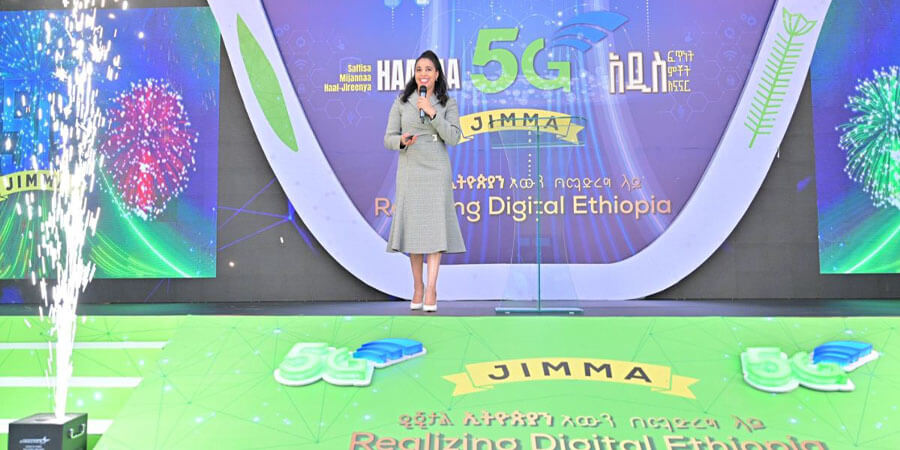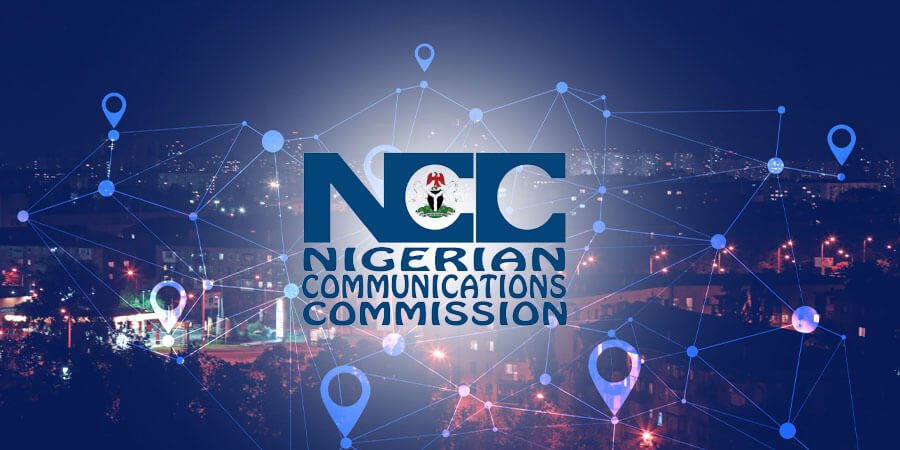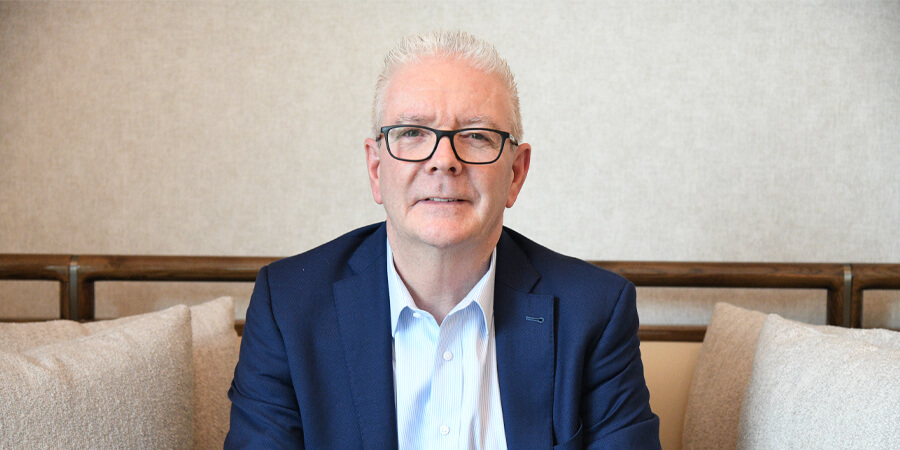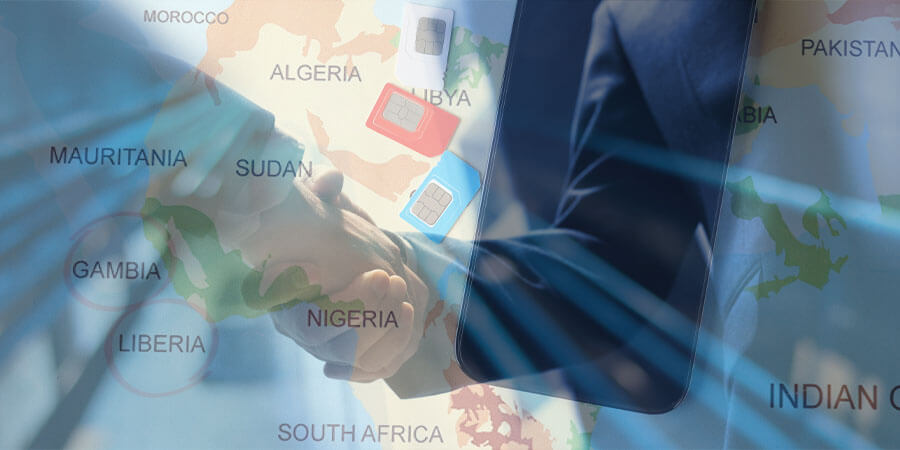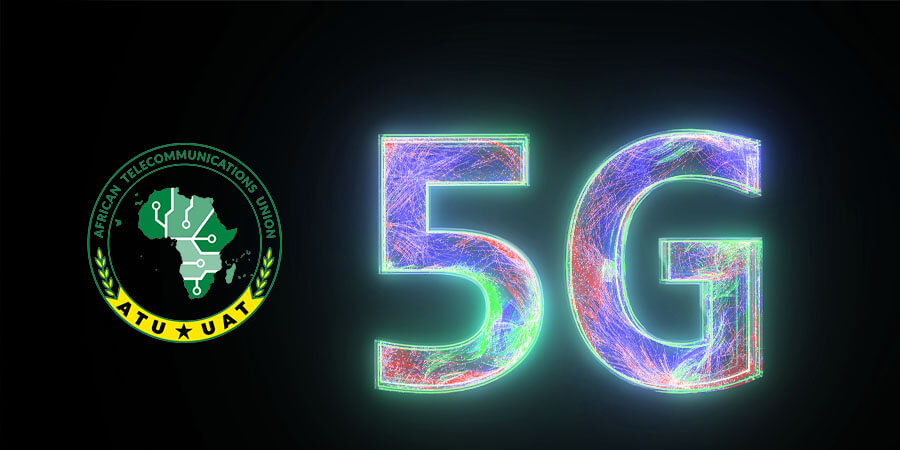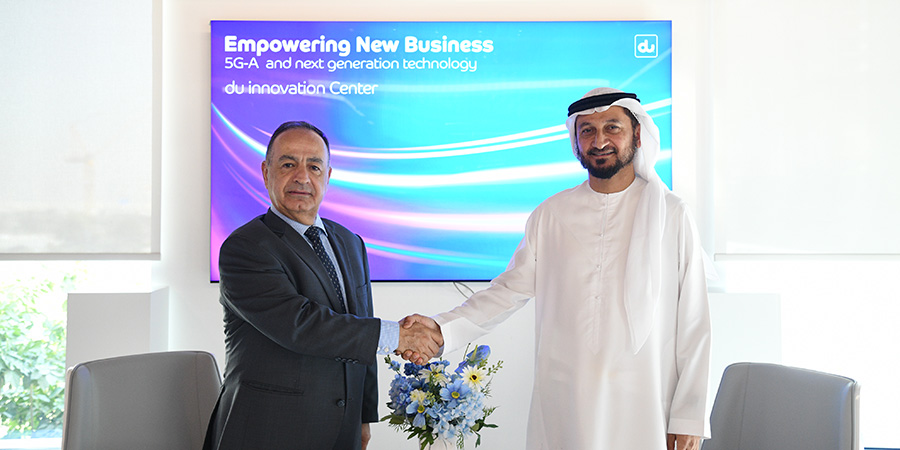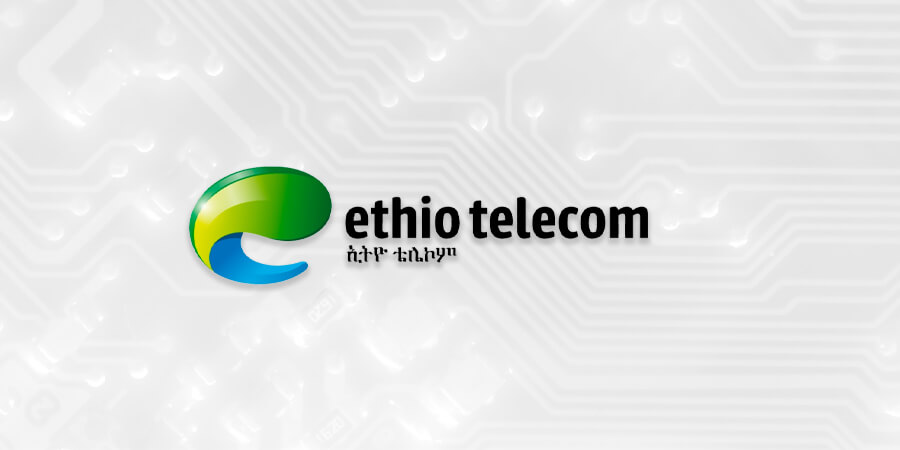Ethiopia has raised the size of its planned Ethio Telecom stake sale up to 45% of the state-owned company from 40% previously, the ministry said.
The government seeks proposals from interested parties who can add value to the company by bringing in best practices in terms of operations, infrastructure management and next-generation technological capabilities. The call is open to all interested parties, including companies that have already formally expressed interest in the sale.
The partial privatization plan is part of a broad economic reform program that aims to "broaden the role of the private sector in the Ethiopian economy, improve the efficiency of public enterprises, enhance their competitiveness, increase their access to capital and enhance the quality and accessibility of their services." In September 2021, the government launched a tender process for the sale of 40% of Ethio Telecom to an international company; however, the process was suspended in March 2022.
After that, it was relaunched in November of the same year, and, at the same time, the country issued its second full-service telecom license to a private operator. The relaunch and the license marked, respectively, the second and third steps of the telecom market liberalization process. The first step of that process was the acquisition of a full-service license by the consortium, Global Partnership for Ethiopia.
The entrance of an international telecom operator into Ethio Telecom's stakeholding is expected to improve the state operator's efficiency and competitiveness. It will also allow access to much-needed funding to help the operator continually improve the quality and coverage of its services, reinforce its market positioning and face current and future competition.









